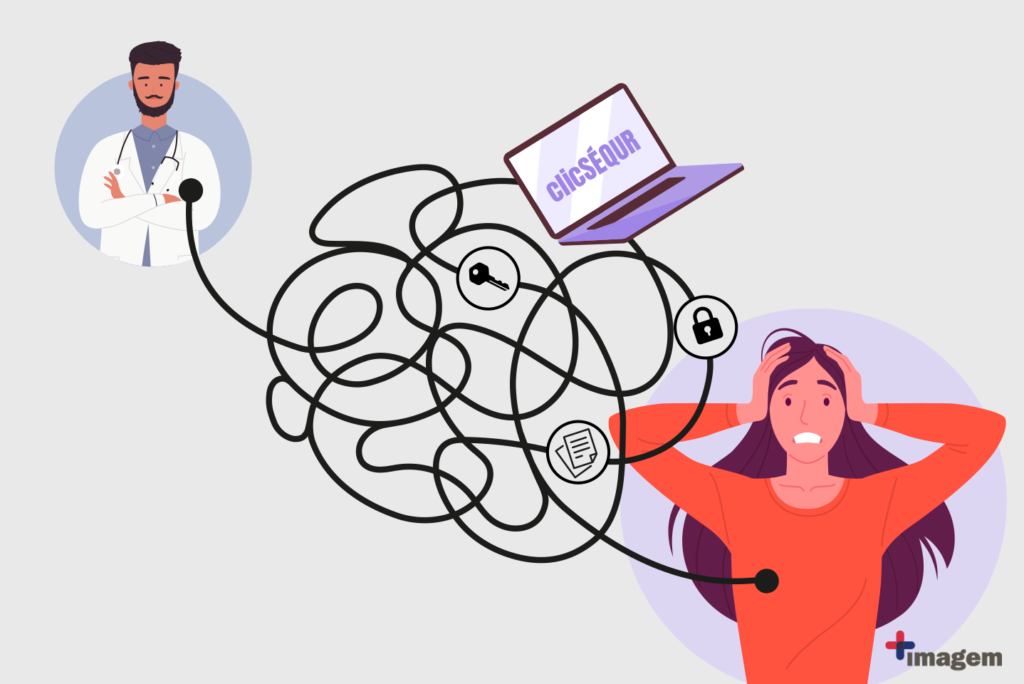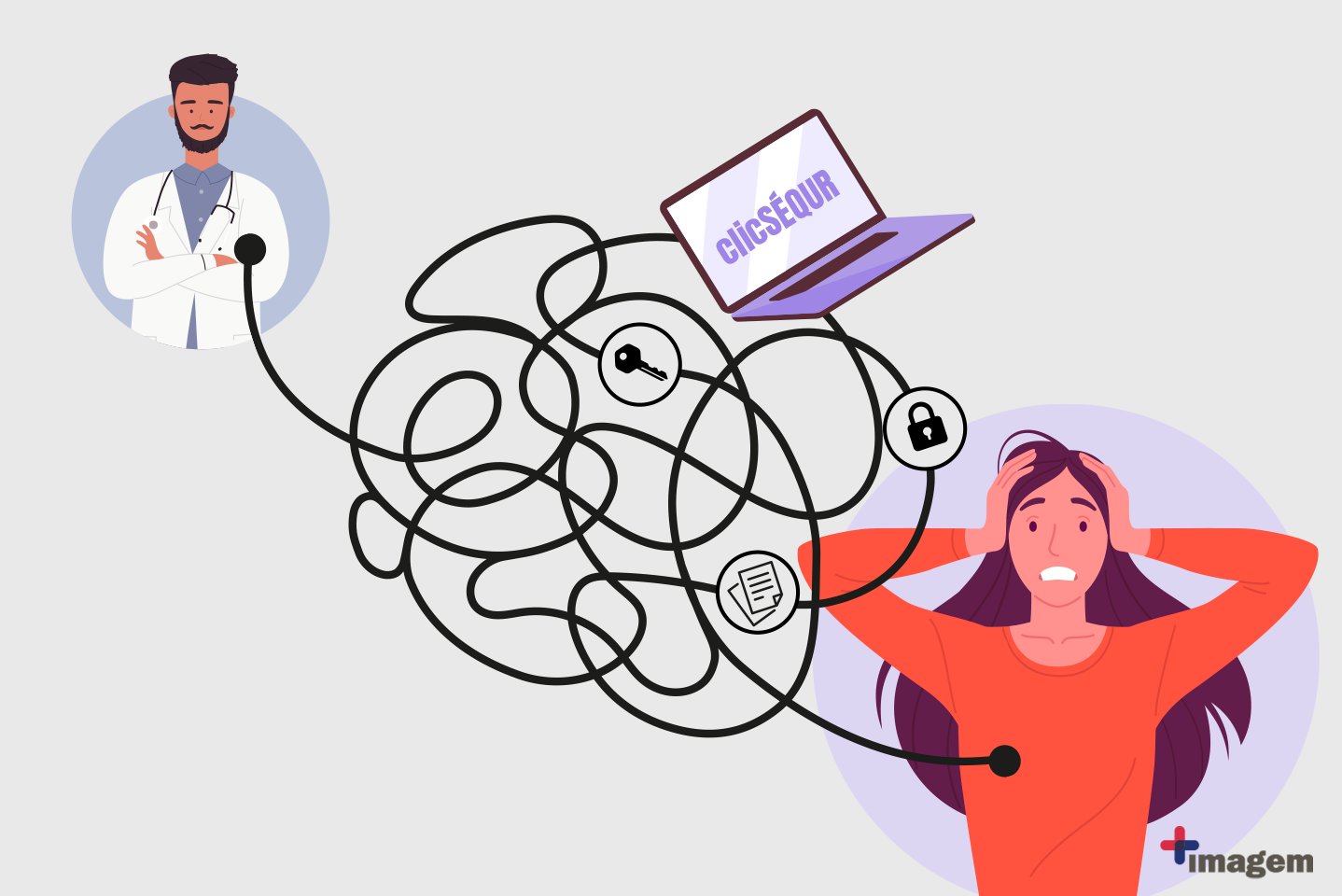Navigating the Obstacle Course
When we talk about having access to care or to your medical file, some confusion can arise. What does “having access” mean? For most, we need to have access to care services when we are sick or afraid of being sick. When those situations occur, we desperately seek help. Does having a family doctor ensure that you will have access to care? Not necessarily because you have to tackle the challenge of getting an appointment and show perseverance. A disease usually strikes without warning, day or night, and often the only choice you have is to show up at a hospital’s emergency room. The system does not respond adequately to all those who experience anxiety or fear, whether it is justified or not. I have time and time again accompanied elderly people to the emergency room, and I found that they needed to be comforted. Should this be of lesser importance? Does their fragile state deserve less attention? Your baby may not be seriously ill, but observations are conducted directly at the emergency room. We cannot constantly blame people for going to the emergency room when they need care, and when they have nowhere else to go. Given that people do not know what services are provided to them, they do not know where to go.
“Having access” means easily getting help. If you have to cross barriers to get there, we cannot talk about accessibility, especially if you are underprivileged, distressed and sick. You are already hard-pressed and you are sent on a real obstacle course, where your patience is tested as you must wait on the phone for hours. Those who provide services must manage their processes and facilitate your access.
Let’s also take the example of your health records. Yes, you have access to your electronic Health Booklet, but you need to access clicSÉQUR first, which is not totally user-friendly, especially for those who would need it most. So, suppose that you finally end up having access to your Health Booklet. What you see are lists of incoherent numbers. All these figures, results and reports do not correspond to your file; they represent codes and the lingo used by specialists. Having access to your file also means having access to explanations that must come with the raw data. This means you need to be able to communicate with a qualified person.
There are too many barriers between you, the access to care and the people who care for you. We need to break down those barriers.


